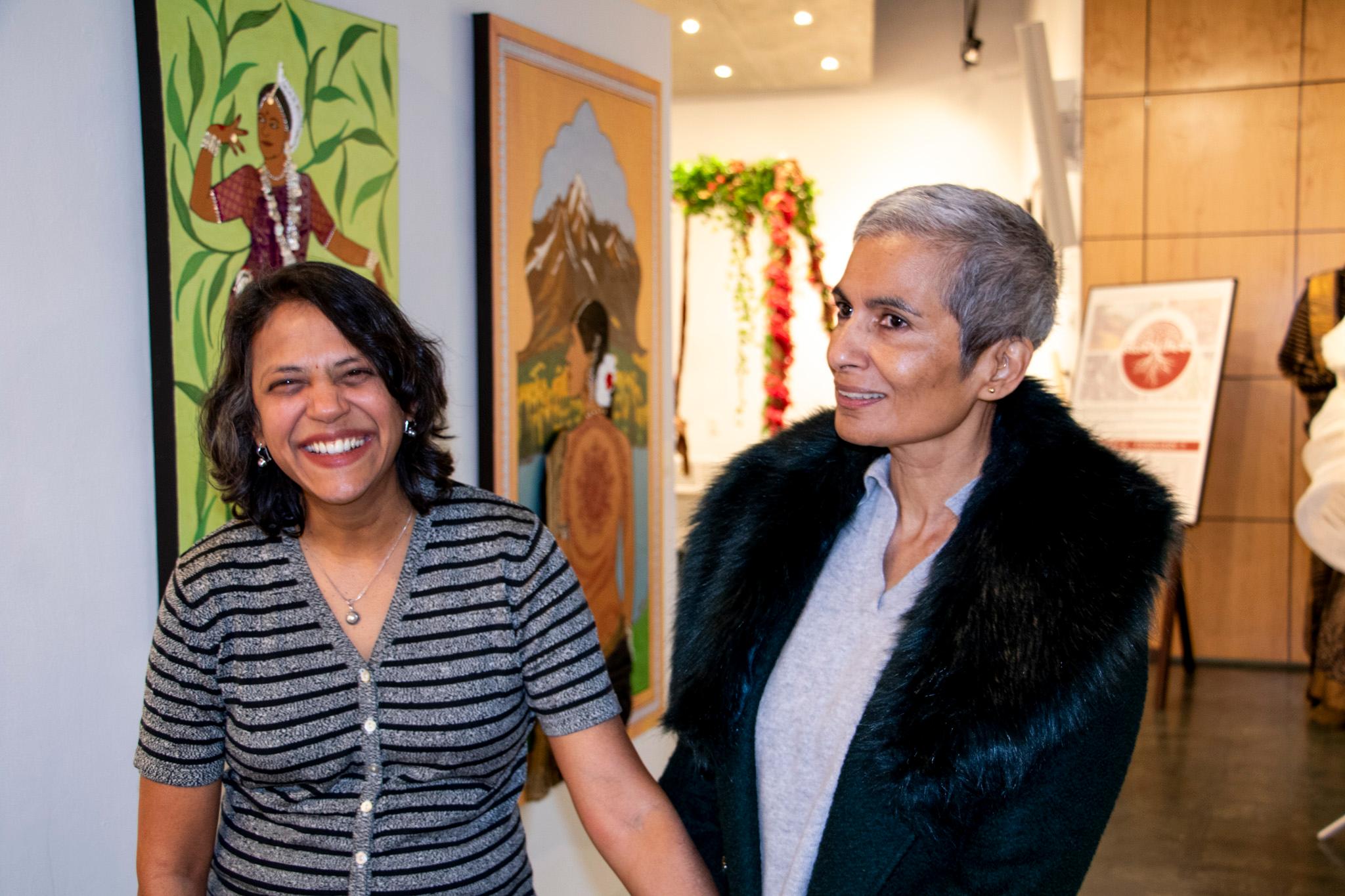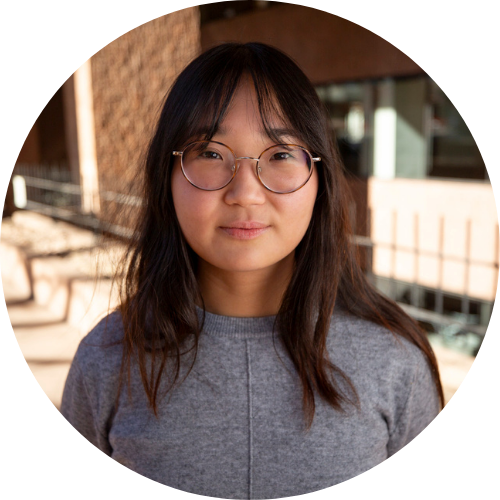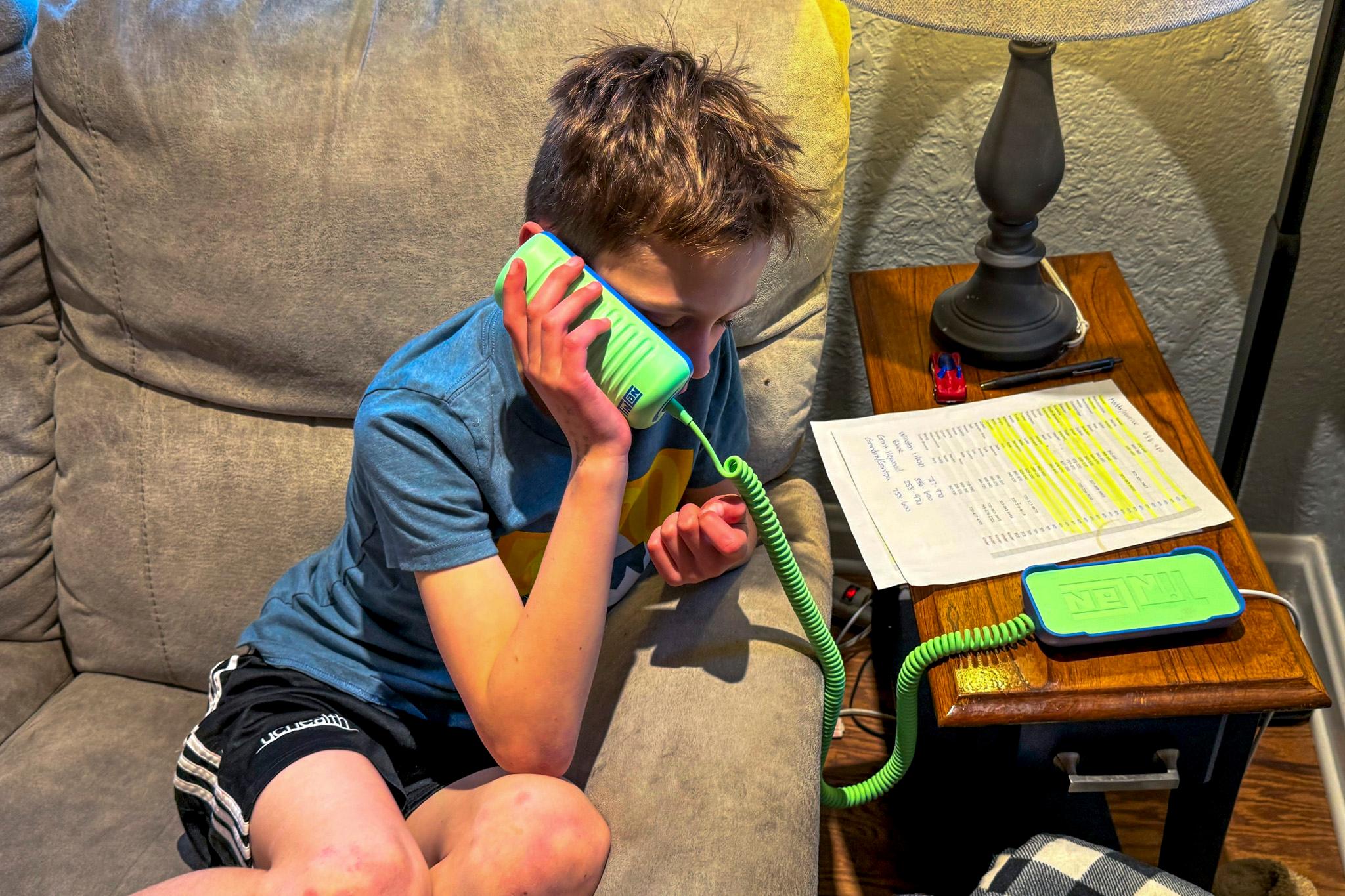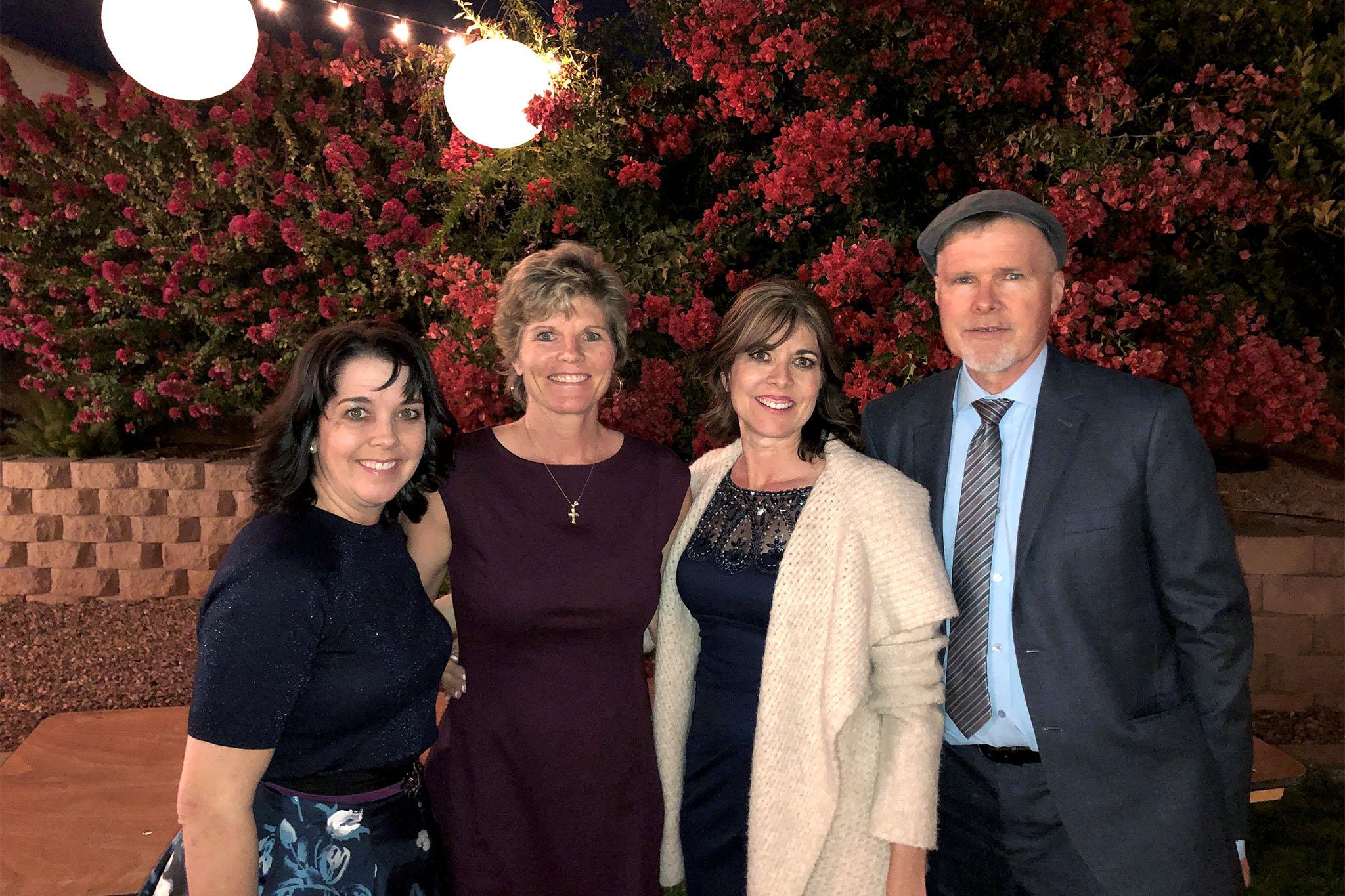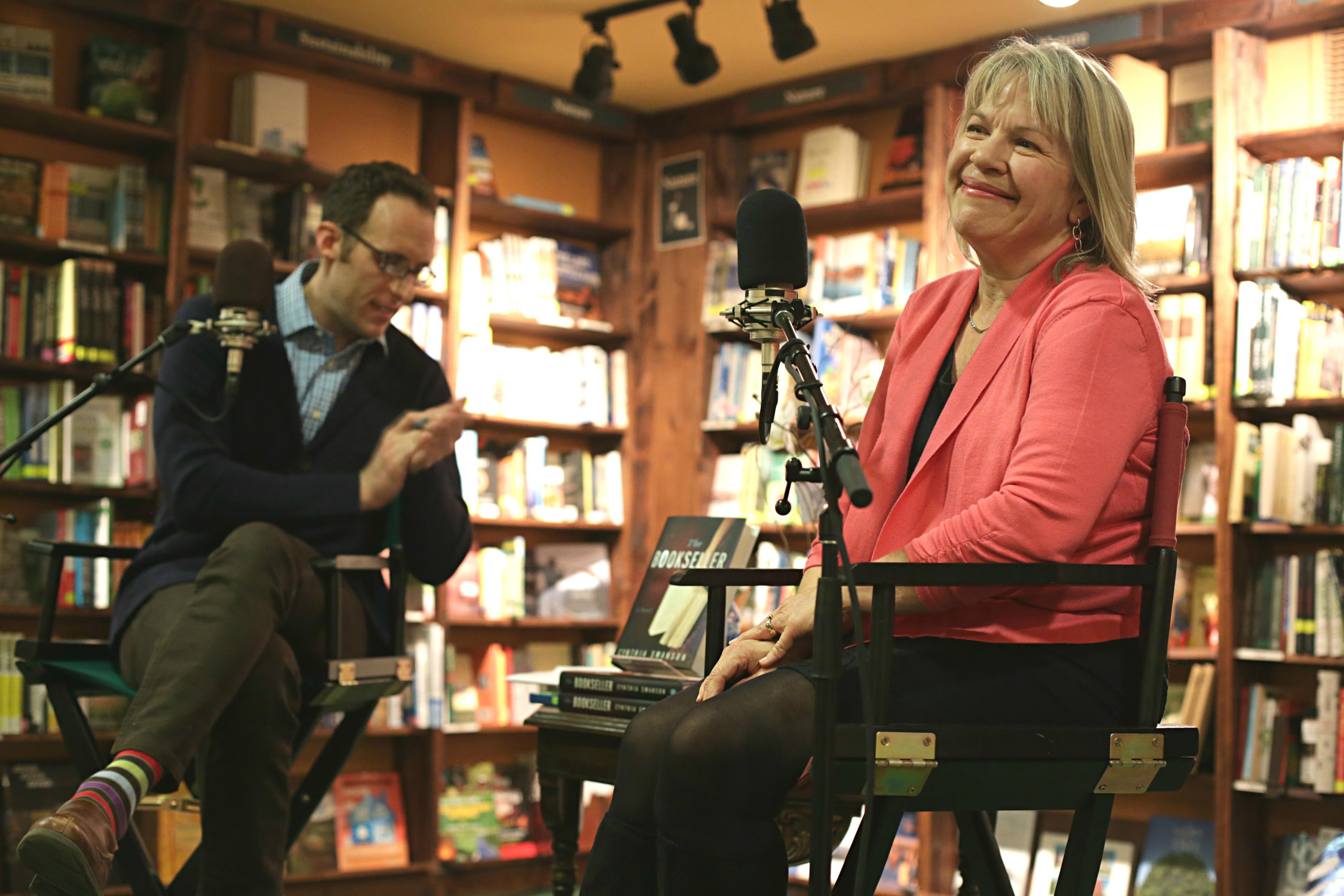
This story originally aired on March 10, 2015. We're reairing it because Julia Roberts announced she will produce and star in a film adaptation of "The Bookseller."
Something strange is happening in "The Bookseller," the debut novel from Denver author Cynthia Swanson. Her main character, Kitty, steps into another life. She's no longer single and living alone. She becomes Katharyn, a married woman with triplets.
The question for readers: who is real? Kitty? Katharyn? Both?
The two storylines take place in Denver in the early 1960s, making the book an especially fun to read for locals. It's filled with Denver history. (Did you know there was a family fun center that was co-founded by Walt Disney?)
Swanson spoke to Ryan Warner as part of the Colorado Matters at the Tattered series. Below are some highlights of their conversation, which was taped before a live audience.
Swanson says she came up with the idea for this book at the gym, but she didn't immediately write it down. Why?
"Years ago, a friend gave me some advice about writing. She said 'if you have a good idea, swallow it. And if it's still good, it'll stick around. You don't have to write it down. If it's really good enough, it will stay and it will be in your mind and heart and it will keep coming back.'"
On first drafts:
"I don't show first drafts to anybody because I think you can get really bogged down in other people's ideas about your first draft."
Kitty, the single character, co-owns a book store. In early drafts, Swanson wove in names of popular books at the time. Her editor's reaction?
"'Add more books.' I said 'aren't there plenty of books? And she said 'there can never be enough books in a book about a bookseller!' So I went back and did more research."
In the book, one of Katharyn's children has autism. In the 1960s, doctors blamed autism on mothers who were cold and distant.
"I hope that parents of autistic kids today can read the book and realize we've come a long way. I mean there's still a long way to go, but we've come a long way. And at least there's not that kind of guilt on parents, I hope. I mean there certainly shouldn't be. And I hope parents don't feel that way anymore."

